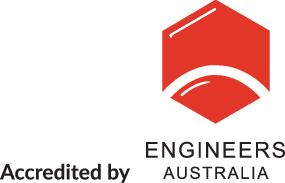
| Type | Undergraduate |
| Language | English |
| Duration | 2 years (Diploma) 4 years (Bachelor) |
| Study mode | Full Time |
| Credit Units | 37 (Diploma) 69 (Bachelor) |
| Credit Hours | 70 (Diploma) 133 (Bachelor) |
The Chemical Engineering program is designed as a practice-oriented curriculum aimed at developing highly qualified chemical engineers capable of working in industrial and related environments. Students engage in the design, analysis, optimization, and control of processing operations. They are also prepared to take on leadership roles in chemical industries, consulting firms, government agencies, academic institutions, and the private sector.
The curriculum is structured to enable students to apply scientific and engineering knowledge to achieve cost-effective production and drive technological advancement. It includes substantial practical components, industrial visits, and hands-on training opportunities that bridge theoretical learning with real-world applications.
Graduates with a Bachelor's degree in Chemical Engineering are well-equipped to pursue careers in various engineering roles, such as chemical engineer, process engineer, environmental engineer, petroleum engineer, or research engineer in chemical engineering. Diploma holders, on the other hand, are qualified to work as technicians in these respective fields.
Accredited by
Graduates of the Bachelor’s degree in Chemical Engineering can find employment in a wide range of sectors, including industry, consulting, and education. Possible job titles include chemical engineer, petroleum engineer, process design engineer, operations engineer, product/process development engineer, quality control engineer, energy engineer, and safety engineer.
Diploma holders in Chemical Engineering are well-positioned to work as technicians across the same industries.
| Admission Requirements | Entry Requirement |
|
|
| Specialization | Total Fees (Diploma) | Total Fees (Bachelor) |
| Chemical Engineering | 4958 R.O | 10110 R.O |
 العربية
العربية

